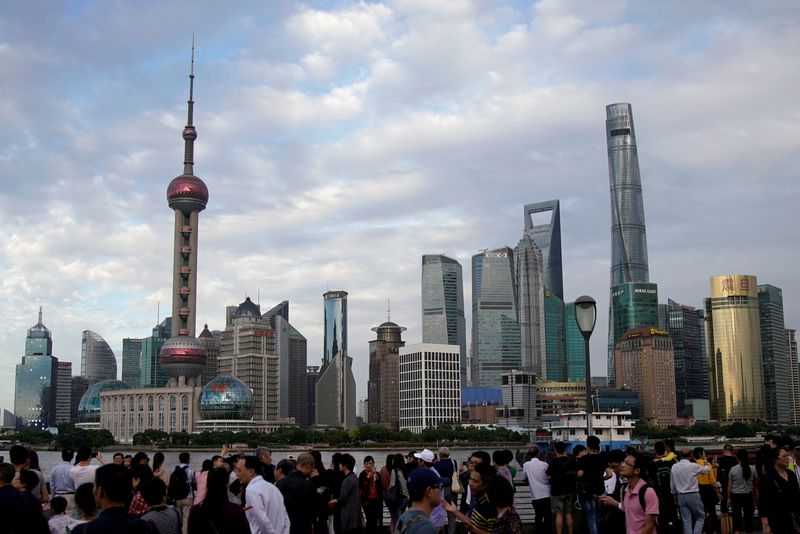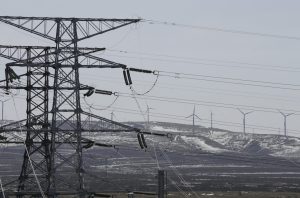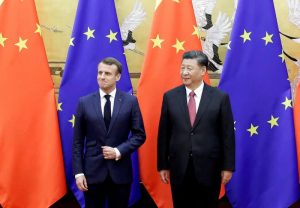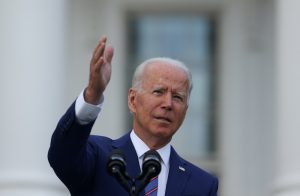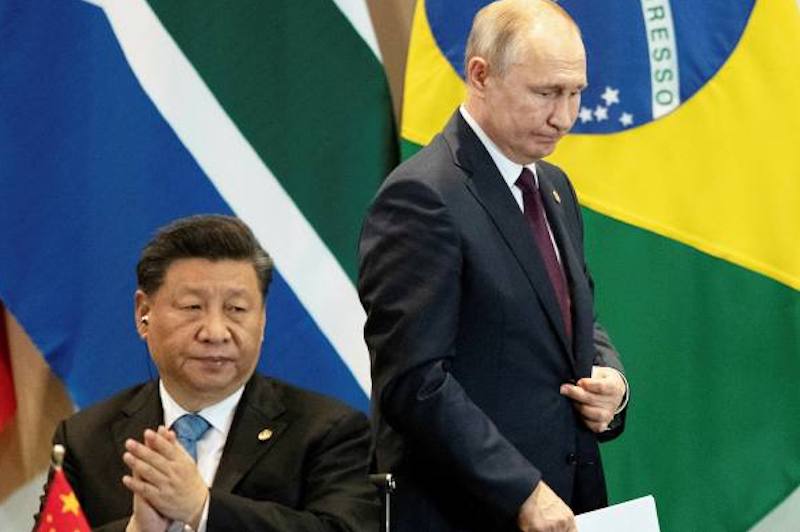Banks in China issued an all-time high level of new loans in January, as the central bank moves to bolster the sputtering economy.
Banks extended 4.92 trillion yuan ($683.7 billion) in new yuan loans in January, hitting a record high, up sharply from December and beating analysts’ expectations, data from the People’s Bank of China (PBOC) showed on Friday.
Chinese lenders tend to front-load loans at the beginning of the year to get higher-quality customers and win market share.
ALSO SEE: China Stocks See Best Week in a Year Despite Downcast Economy
Policymakers have vowed to roll out more support in a bid to lift the post-Covid recovery amid a deep property crisis and prolonged stock market rout.
January lending more than quadrupled from December’s 1.17 trillion and exceeded the previous record of 4.9 trillion yuan in the same month a year earlier.
Analysts polled by Reuters had predicted new yuan loans would rise to 4.50 trillion yuan in January.
Chinese banks doled out a record 22.75 trillion yuan in new loans in 2023, up 6.8% from 2022. But loan growth year-on-year fell to its lowest in more than 20 years in December as the weak economic outlook left consumers and companies in no mood to take on more debt.
China’s economy grew 5.2% in 2023, meeting the official target, but the recovery was far shakier than many analysts and investors expected, with a deepening property crisis, mounting deflationary risks and tepid demand casting a pall over the outlook for this year.
Persistent deflation
The central bank said on Thursday it would keep policy flexible and precise to spur domestic demand, while maintaining price stability, amid signs of a patchy economic recovery and persistent deflationary risks.
To prop up faltering growth, the PBOC cut the reserve requirement ratio (RRR) for banks by 50-basis points on February 5, the biggest in two years, releasing 1 trillion yuan in long-term liquidity.
Household loans, mostly mortgages, climbed to 980.1 billion yuan in January from 222.1 billion yuan in December, while corporate loans jumped to 3.86 trillion yuan from 891.6 billion yuan.
Broad M2 money supply in January grew at a slower pace of 8.7% from a year earlier, the data showed, the lowest since November 2021 and below a forecast 9.3% in the Reuters poll. It rose 9.7% in December.
Outstanding yuan loan growth also slowed to 10.4% from a year earlier compared with 10.6% growth in December. Analysts had expected 10.4% growth, a more than 20-year low.
Annual growth of outstanding total social financing (TSF), a broad measure of credit and liquidity in the economy, stood at 9.5% in January, the same as in December.
Any acceleration in government bond issuance could help boost TSF, which includes off-balance sheet forms of financing that exist outside the conventional bank lending system, such as initial public offerings, loans from trust firms and bond sales.
China has issued 2.62 trillion yuan in 2024 advance quotas for local government special bonds to fund key investment projects, a finance ministry official said earlier this month.
Local governments issued a net 3.96 trillion yuan in special bonds in 2023, exceeding the annual quota, official data showed.
In January, TSF rose to 6.5 trillion yuan from 1.94 trillion yuan in December. Analysts polled by Reuters had expected January TSF of 5.55 trillion yuan.
- Reuters with additional editing by Jim Pollard
ALSO SEE:
China Sees Biggest Fall in Consumer Prices Since 2009
China’s Deflation And Weak Economy Point to Another Bumpy Year
China Moves to Lift Property Sector Amid Evergrande Crash Fears
Court Orders China Evergrande Liquidation to Pay its $300bn Debts




